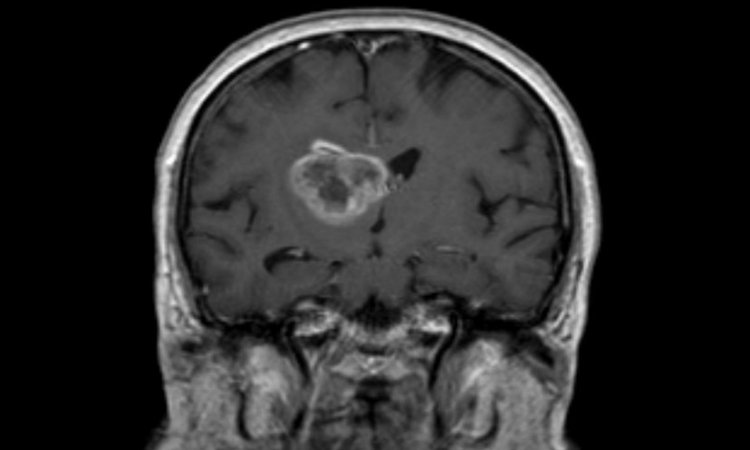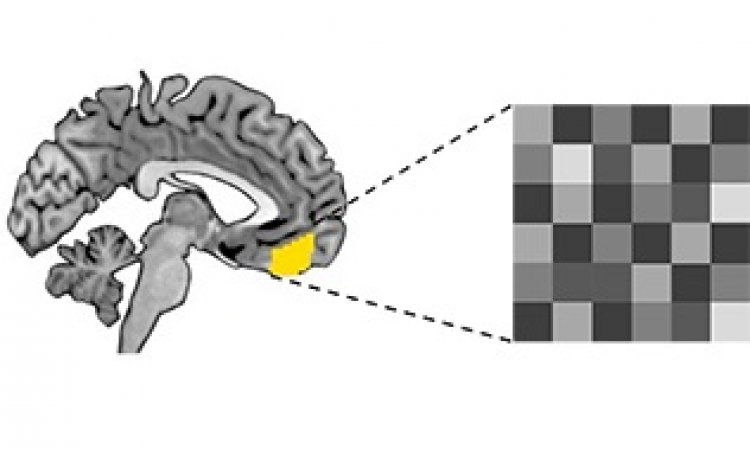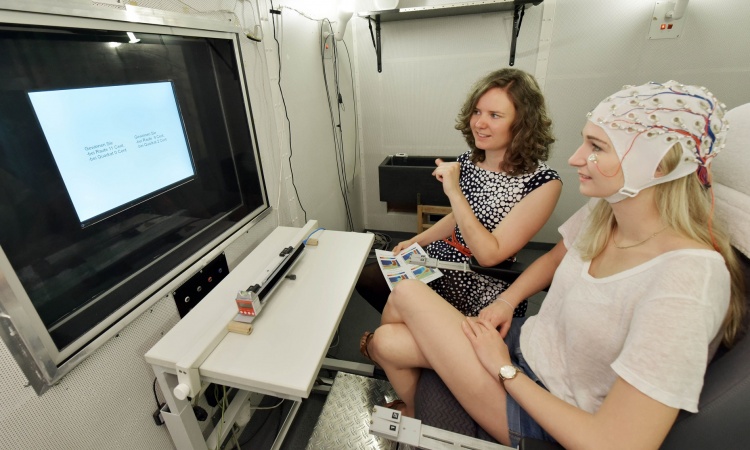News • Some problems remain
Some children can 'recover' from autism
Research in the past several years has shown that children can outgrow a diagnosis of autism spectrum disorder (ASD), once considered a lifelong condition. In a new study, researchers at Albert Einstein College of Medicine and Montefiore Health System have found that the vast majority of such children still have difficulties that require therapeutic and educational support.

"It’s certainly encouraging to confirm that a subset of children with early ASD diagnosis accompanied by developmental delays can in essence recover from the disorder and go on to have typical social and cognitive functioning," said lead author Lisa Shulman, M.D., professor of pediatrics at Einstein and interim director of the Rose F. Kennedy Children’s Evaluation and Rehabilitation Center (CERC) at Montefiore. "But by and large, these children continue to struggle with daily life. Almost all of them still have to contend with language and learning disabilities and a variety of emotional and behavioral problems."
In the study, Dr. Shulman and her colleagues reviewed clinical records of 569 patients who were diagnosed with ASD between 2003 and 2013 at CERC, a university-affiliated early intervention program in the Bronx for children with developmental disabilities. Their mean age was 2½ years at initial diagnosis and 6½ years at follow up. The vast majority had received early intervention services, a mix of speech and occupational therapies, special instruction, and applied behavioral analysis (the main evidence-based treatment for ASD).
Persisting problems
At follow-up, 38 children (seven percent of the original 569 patients) no longer met the diagnostic criteria for ASD. Of these 38 children, 68 percent were diagnosed with language or learning disabilities; 49 percent with externalizing behavior problems (attention-deficit/hyperactivity disorder, oppositional defiant disorder, or disruptive behavior disorder); 24 percent with internalizing behavior problems (mood disorder, anxiety disorder, obsessive compulsive disorder, or selective mutism); and 5 percent with a significant mental health diagnosis (psychotic disorder not otherwise specified).
Only three (8 percent) of the 38 children recovered from ASD and had no other problems. Follow-up cognitive testing (available in 33 of the 38 participants) showed that none of the children was intellectually disabled. "Our findings beg the question, what is going on with these children who no longer have an ASD diagnosis?" said Dr. Shulman. "Was autism initially over-diagnosed? Are some children better able to respond to intervention? Does the specific intervention the child receives contribute to outcome? Our sense is that some children with ASD respond to intervention while others have unique developmental trajectories that lead to improvement. Those children who evolve in a positive direction generally have the mildest symptoms to begin with."
The current study is the largest of its kind with the most rigorous diagnostic follow up. "The message from our study is that some of our kids do amazingly well, but most of them have persistent difficulties requiring ongoing monitoring and therapeutic support," said Dr. Shulman.
Source: Albert Einstein College of Medicine
14.03.2019











